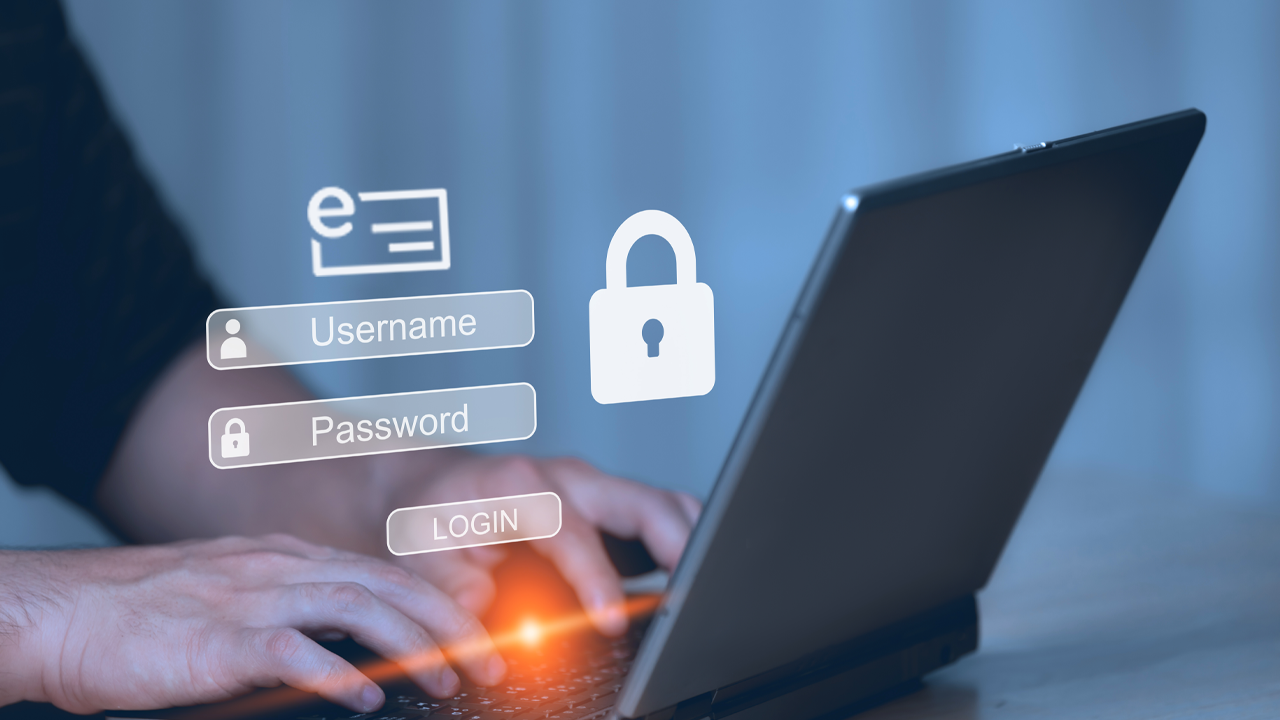
| December 5th, 2023 |
eCheck Verification — Safeguarding Transactions with Advanced Security Measure
In an era dominated by digital advancements, the landscape of financial transactions has undergone a profound transformation. Traditional methods, such as paper checks, have given way to more agile and efficient alternatives like eChecks. As businesses and consumers embrace the convenience of electronic payments, ensuring the security of these transactions becomes paramount. In this blog post, we delve into the intricate realm of eCheck verification and its pivotal role in fortifying the security of digital financial interactions.
Understanding eChecks — A Digital Evolution of Traditional Checks:
Before we delve into eCheck verification, it’s essential to grasp the concept of eChecks. Essentially, an eCheck, or electronic check, is the digital equivalent of a paper check. Unlike traditional checks, which involve physical documentation and manual processing, eChecks streamline the payment process by leveraging electronic systems. They function by electronically transferring funds from one bank account to another, offering a more efficient and eco-friendly alternative.
The Need for eCheck Verification — Mitigating Risks in the Digital Realm:
While eChecks offer numerous advantages, including faster processing times and reduced costs, they are not immune to potential risks. Security concerns, such as fraud and unauthorized transactions, pose significant challenges. This is where eCheck verification steps in, acting as a robust shield against potential threats.
Enhanced Authentication Processes:
One of the primary mechanisms employed in eCheck verification is enhanced authentication. This involves multi-factor authentication methods, adding layers of security beyond traditional username and password combinations. By incorporating factors such as biometrics or one-time passcodes, eCheck verification ensures that only authorized users can initiate and approve transactions.
Real-Time Monitoring and Fraud Detection:
To combat evolving threats, eCheck verification systems utilize real-time monitoring and advanced fraud detection algorithms. These systems analyze transaction patterns, flagging any anomalies or suspicious activities. By promptly identifying and responding to potential fraud, eCheck verification adds an extra layer of protection to the digital financial ecosystem.
Key Components of eCheck Verification Systems:
To appreciate the efficacy of eCheck verification, it’s crucial to understand its key components:
1. Digital Signatures:
Digital signatures play a pivotal role in verifying the authenticity of eChecks. These cryptographic signatures ensure that the sender is legitimate and that the content of the eCheck has not been tampered with during transmission.
2. Encryption Protocols:
Robust encryption protocols safeguard the sensitive information contained within eChecks. This includes account details, transaction amounts, and other critical data. By encrypting this information, eCheck verification systems prevent unauthorized access and maintain the confidentiality of financial transactions.
3. Secure Transmission Protocols:
The transmission of eChecks involves secure protocols, such as Transport Layer Security (TLS) or Secure Sockets Layer (SSL). These protocols encrypt the communication channel between the sender and receiver, thwarting any attempts to intercept or manipulate the data during transit.
4. Compliance with Regulatory Standards:
eCheck verification systems adhere to stringent regulatory standards and compliance requirements. This ensures that the processes and technologies employed align with industry best practices, providing a robust framework for secure transactions.
Benefits of eCheck Verification for Businesses and Consumers:
The implementation of eCheck verification extends benefits to both businesses and consumers in the digital economy:
1. Improved Transaction Efficiency:
eCheck verification accelerates the transaction process, reducing the time and effort required for financial interactions. Businesses can enjoy quicker access to funds, while consumers experience faster payment processing.
2. Enhanced Security Measures:
By incorporating advanced security measures, eCheck verification instills confidence in both businesses and consumers. The risk of fraud and unauthorized access is mitigated, fostering a secure digital financial environment.
3. Cost Savings:
The efficiency of eChecks, coupled with the security provided by verification systems, translates into cost savings for businesses. Reduced processing times and minimized instances of fraud contribute to a more economical financial ecosystem.
Challenges and Future Developments in eCheck Verification:
Despite the robust security measures in place, challenges persist in the realm of eCheck verification. Cyber threats are continually evolving, necessitating ongoing advancements in security technologies. Future developments may include the integration of artificial intelligence and machine learning algorithms to enhance predictive analytics and further fortify eCheck verification systems.
Conclusion — The Future of Secure Digital Transactions:
In conclusion, eCheck verification stands as a cornerstone in ensuring the security of digital financial transactions. Through a combination of enhanced authentication processes, real-time monitoring, and advanced cryptographic technologies, eCheck verification systems offer a formidable defense against potential threats. As the digital landscape continues to evolve, the continued refinement of eCheck verification will play a pivotal role in shaping the future of secure and efficient financial interactions. Embracing these technologies is not just a matter of convenience; it’s a commitment to building a resilient and secure digital financial ecosystem for businesses and consumers alike.
